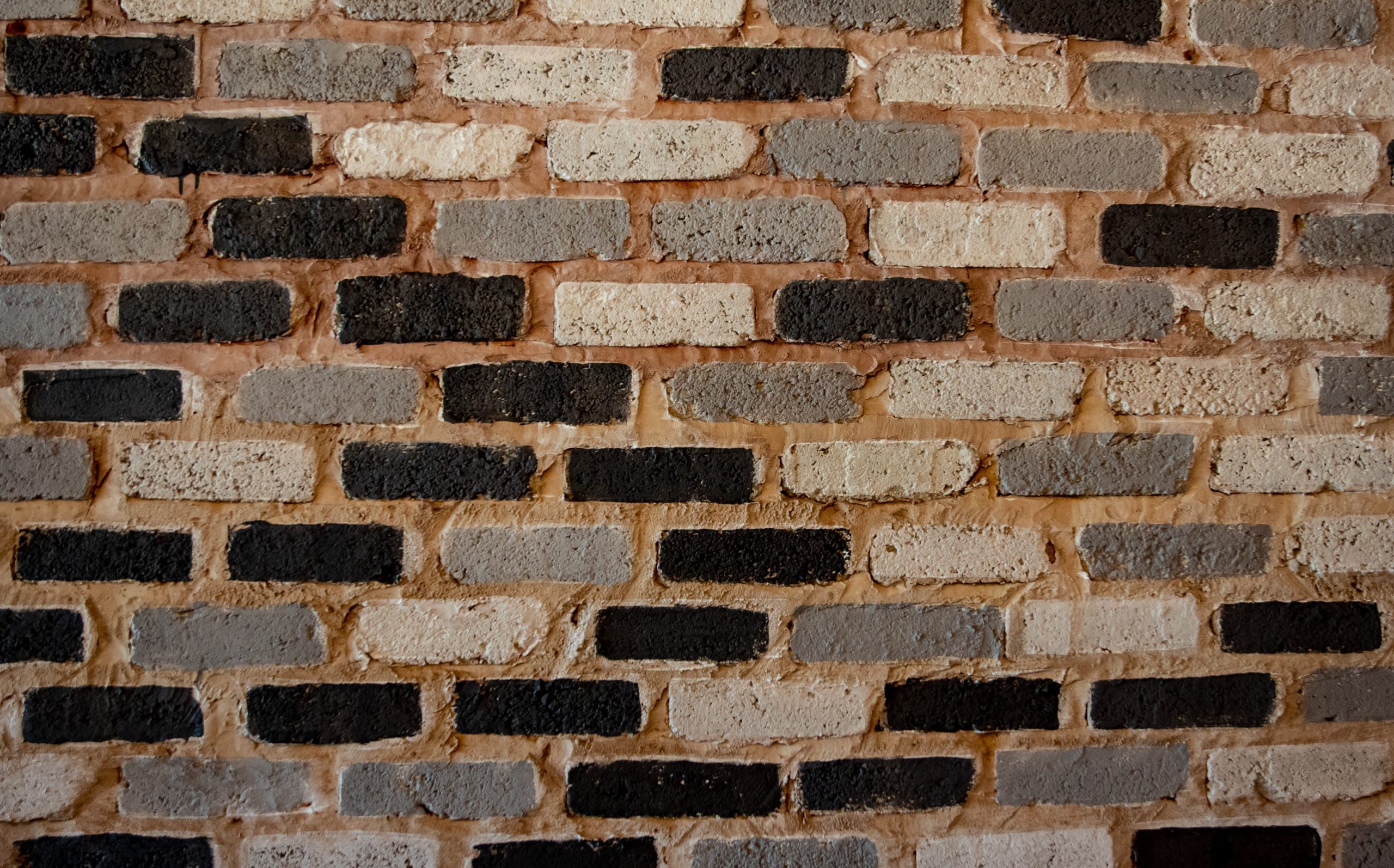What is Shalom? Most Christians will have heard the term; our basic understanding is that it refers to peace. But what exactly is it?
I recently heard that a prominent Christian leader thought shalom was a “hip word” referring to peace. But it’s actually a rich word from the Hebrew language – the language of our Old Testament Scriptures. It certainly incorporates our modern idea of peace, but there is much greater depth to it.
Tim Mackie from the Bible Project describes it as better than a “time of peace”, IE when there is no war. Shalom is about restoration, to make complete or whole. Nothing is missing. So to bring Shalom is to bring wholeness and restoration to ourselves, our relationship with God, others and the world. Think of it this way: a brick wall is not complete without all of its pieces. One section might have one brick missing, leaving a hole. Another section might have a few. Little by little, the wall can lose its structural integrity. It needs to be restored to have the pieces returned.
It goes deeper than simple restoration alone. There’s also an important element of flourishing: to grow or develop in a healthy or vigorous way. God’s desire is to provide Shalom, to restore humanity as a whole and each of us individually. As we follow Christ, this idea of Shalom (peace, restoration, wholeness, flourishment) changes us personally. As we journey with the Holy Spirit, old wounds can be healed. That doesn’t mean they are magically removed (although this is possible); sometimes, it involves a level of acceptance and allowing God to use and grow us, despite our weaknesses, failures and missing pieces.
When we look back at our life, we can be discouraged, thinking that our “brick wall” isn’t pure. It’s not all the same shade of white that it was initially built with. With some hurts that are healed, these bricks might be replaced with black ones. Others might be replaced with grey ones. As time progresses and you look back at your life, though, with God, we can see a beautiful mosaic. God can (and does!) weave all things together for our good. We can share our life stories in such a way that highlights God’s work of creating wholeness within us and others. What an encouraging thought!

A key question to ask ourselves is this: when I interact with people, how am I seeking to partner with God to bring about good for them? How can I participate in God’s mission of bringing wholeness and restoration to broken people in a broken world? How can I partake in their journey towards flourishment?
But seek the welfare of the city where I have sent you into exile, and pray to the Lord on its behalf, for in its welfare you will find your welfare.
Jeremiah 29:7 ESV.
The verse above is laden with Shalom. It advises that as we seek the Shalom of other people, the neighbourhood around us, we too will experience it. But we can’t provide for people out of our lack. If we don’t have something, we can’t provide it. Let me explain.
If we try to love and care for people but don’t feel that way ourselves – it’s a false love and a false care.
We love because he first loved us.
1 John 4:19 ESV.
Out of the love God has for us that we tangibly know and understand personally comes our love for other people. See where I’m going? You can only love someone according to what your experience is. Similarly, you can only seek the wellness, wholeness and restoration of others according to where you are at and have been.
This concept of Shalom is a great one, especially in light of the hope and desire that we have to bring Shalom into our lives, homes, neighbourhoods and world. But I encourage you not to get bogged down thinking, “I have to do this!” I have to do, I have to be – better. No, we love and we care from where we are and who we are as God’s children. It is something all of us can participate in, from wherever we’re at with God.


Leave a Reply